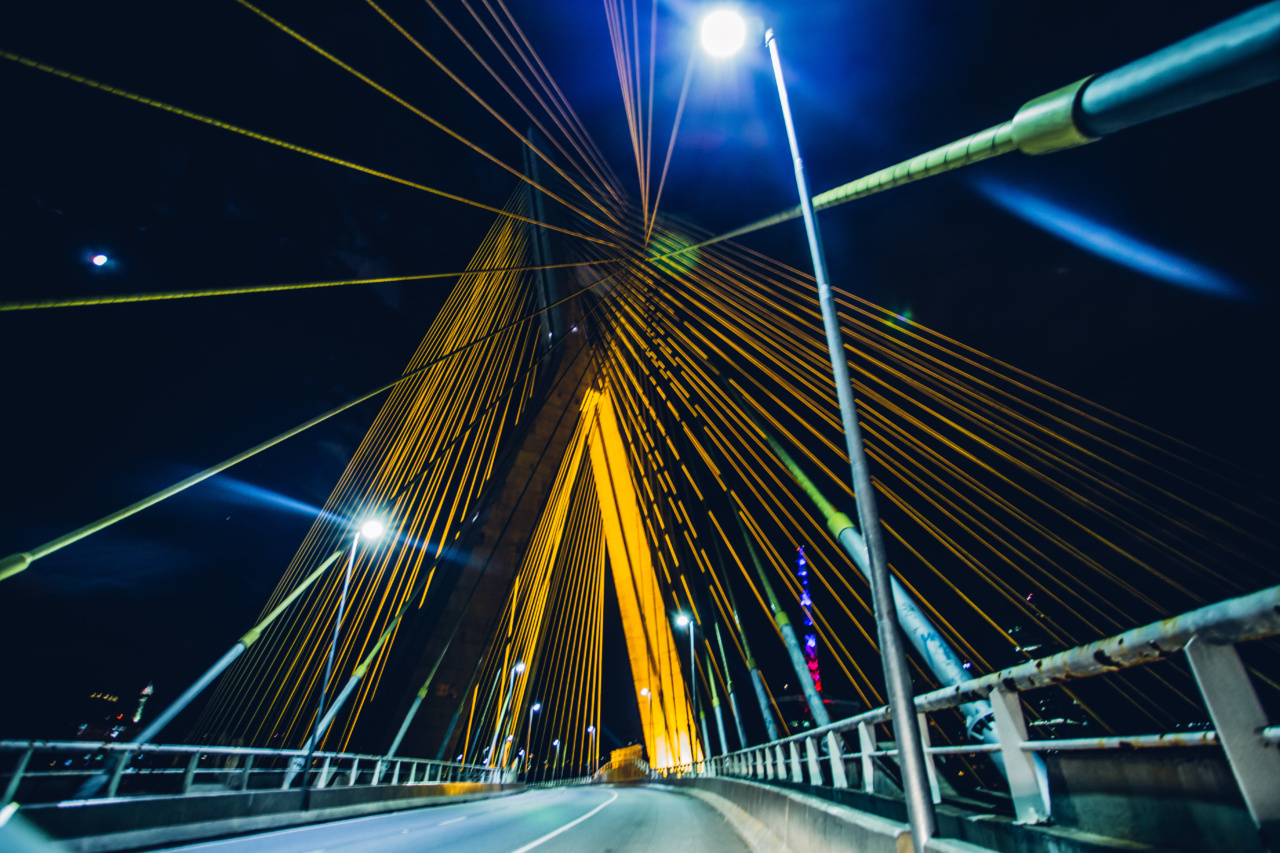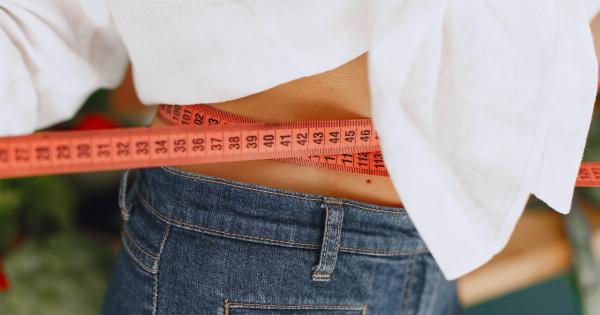As night falls, the streets become illuminated with bright lights. While this may be beneficial for drivers and pedestrians, it can also have a negative impact on our sleep.
Over the past few years, researchers have been studying the connection between street lights and sleep issues. In this article, we will explore the causes, effects, and solutions of this phenomenon, and see how it affects our health and wellbeing.
What Causes Street Lights to Affect Our Sleep?
Street lights emit a type of light called “blue light”. Blue light has a shorter wavelength and a higher frequency than other types of light, which means it has more energy.
This makes blue light more effective at suppressing the production of melatonin, a hormone that regulates our sleep cycle. When our brains receive signals from blue light, they interpret it as sunlight and reduce the production of melatonin, which makes us feel more awake and alert.
When we are exposed to blue light at night, our sleep cycle becomes disrupted, leading to difficulty falling asleep and overall poor sleep quality.
Effects of Exposure to Street Lights at Night
Exposure to street lights at night can have a range of negative effects on our health and wellbeing. Here are some of the most common issues:.
Delayed Sleep Onset
One of the primary effects of exposure to street lights at night is delayed sleep onset. When our brains receive signals from blue light, they interpret it as daylight, which can make it difficult to fall asleep.
This can lead to insomnia and other sleep disturbances, which can have a negative impact on our overall health and wellbeing.
Poor Sleep Quality
Even if we are able to fall asleep, exposure to street lights at night can still have a negative impact on the quality of our sleep.
The production of melatonin is essential to a good night’s rest, and when it is suppressed our sleep quality suffers. We may wake up feeling groggy, tired, and overall unrefreshed.
Depression and Anxiety
A lack of quality sleep can contribute to the development of depression and anxiety. Sleep disturbances can disrupt our mood, making us more irritable and anxious during the day.
Chronic sleep deprivation can also lead to other mental health issues, such as memory problems, difficulty concentrating, and a reduced ability to cope with stress.
Increased Risk of Chronic Diseases
Poor quality sleep has been linked to several chronic diseases, including obesity, diabetes, and cardiovascular disease. When we are exposed to blue light at night, it disrupts our sleep cycle, which can have a negative impact on our health over time.
This can also affect our immune system, making us more susceptible to other illnesses.
The Solutions to the Problem
Fortunately, there are several solutions to the problem of street lights and sleep issues. Here are some of the most effective ways to get a good night’s sleep:.
Install Blackout Curtains
Blackout curtains block out all light, including street lights. They can be an effective way to reduce your exposure to blue light at night, and improve your sleep quality.
If you live in an area with particularly bright street lights, blackout curtains can make a significant difference. They are also useful for shift workers who need to sleep during the day.
Use Blue Light Blocking Glasses
Blue light blocking glasses are designed to reduce your exposure to blue light. They can be worn in the evening to help your body prepare for sleep.
Some glasses are more effective than others, so it’s important to choose ones that are designed to block out the specific wavelengths of blue light emitted by street lights.
Use Low-Intensity Amber Bulbs
Amber bulbs emit a low-intensity, warm-colored light that is less likely to disrupt your sleep cycle. They are a good alternative to bright white or blue lights, and can be used in the bedroom to create a relaxing atmosphere.
They are also energy-efficient and long-lasting, making them a cost-effective solution to the problem of street lights and sleep issues.
Use Smartphone Apps
There are several smartphone apps available that can reduce your exposure to blue light. Apps such as f.lux and Twilight adjust the color temperature of your device’s screen to reduce the amount of blue light emitted.
This can be an effective way to reduce your exposure to blue light in the evening, and improve your sleep quality.
Speak to Your Local Council
If you live in an area with particularly bright or intrusive street lights, you can speak to your local council or city officials.
They may be able to adjust the lighting in your area to reduce the amount of blue light emitted, or install shields to direct the light downwards rather than outwards. If enough people are affected by the issue, it can be a good way to bring about change.
The Bottom Line
Exposure to street lights at night can have a range of negative effects on our health and wellbeing. It is important to take steps to reduce our exposure to blue light, and improve our sleep quality.
By using blackout curtains, blue light blocking glasses, low-intensity amber bulbs, smartphone apps, and speaking to our local council, we can create a sleep-friendly environment that benefits our health and wellbeing.































